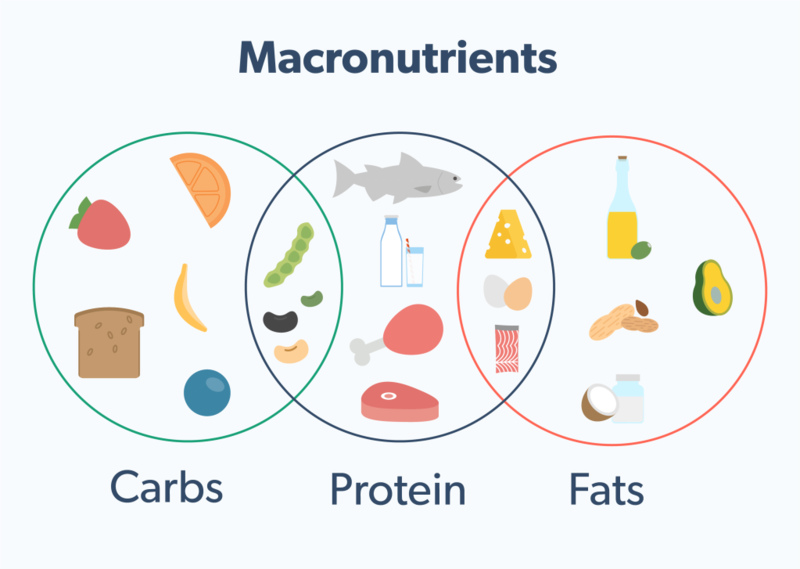Various health issues, both physical and mental, suffer due to the association of excessive sugar consumption. Obesity risk escalates, and diabetes becomes more probable, along with an increased likelihood of cardiovascular diseases. Further compounding these concerns is its potential contribution to mood swings, energy crashes, and even mental health complications. To enhance their comprehensive health, individuals must recognize the crucial connection between sugar and well-being.
1. Mindful Eating - A Key to Reducing Sugar Intake
Engaging fully with your senses during meals, as encouraged by the transformative approach of mindful eating, allows you to savor each bite's flavors, textures, and aromas. Foster a deeper connection between your mind and eating habits by observing how different foods elicit reactions from your body. Beyond the dining table, this heightened awareness influences daily food choices. It fosters an ability to differentiate between genuine hunger and emotional cravings. Consequently, one is empowered to align their decisions with health goals. Embracing mindful eating transcends mere dietary strategy. It represents a holistic lifestyle shift, a promotion of a mindful relationship with food that engenders sustainable positivity for overall well-being.
Further delving requires you to incorporate mindfulness into your eating routine. This includes mindful meal planning. In selecting foods, consider their nutritional value. Ensure a well-rounded mix of vitamins and minerals. Moreover, cultivate an attitude of gratitude for the nourishment that each meal provides by acknowledging the journey from farm to plate. Not only does this shift in perspective amplify the sensory experience of eating, but it also fosters a deeper comprehension of how your food choices and well-being are intricately connected.
- Consideration: Pairing mindful eating with portion control can further enhance its effectiveness, preventing overconsumption and promoting a balanced approach to nutrition.
- Caution: Mindful eating is a gradual process; avoid setting unrealistic expectations. Give yourself time to adapt to this new approach and celebrate small victories along the way.
2. Choosing Nutrient-Rich Alternatives

Choosing nutrient-dense alternatives transcends simple sugar snack substitutions. It necessitates a strategic pivot towards whole unprocessed foods, loaded with an array of health benefits. The foundation of such a diet is formed by fruits and vegetables. These are rich not only in vitamins and minerals but also fiber, essential components for optimal nutrition. Not only do these natural sources of sweetness satisfy cravings, but they also provide essential nutrients. This is a contribution to overall well-being. Whole grains and lean proteins, in complement with this approach, offer sustained energy. Furthermore, they promote satiety.
Consider diversifying your diet with a range of colors and textures, in addition to incorporating nutrient-dense foods. Each fruit and vegetable presents a unique set of nutrients. Experiment, with various cooking methods, to retain the maximum nutritional value; this strategy will enhance your overall health significantly. Embrace a diverse, vibrant array of nutrient-rich alternatives. Through this action, you not only curtail your sugar intake but also guarantee that your body acquires an optimal variety of essential nutrients. Thus, facilitating peak functioning.
- Fact: Nutrient-dense alternatives not only reduce sugar intake but also support weight management, making them a valuable component of a holistic approach to health.
- Noteworthy Information: Including a variety of nutrient-dense foods introduces phytochemicals and antioxidants, providing additional protective benefits for your health.
3. Reading Labels and Making Informed Choices
Mastering the skill of decoding food labels empowers individuals to navigate the intricate universe of packaged foods. Not only should they recognize common sugar aliases, but also scrutinize the comprehensive nutritional content. Seek out products boasting lower levels of saturated fats, sodium, and added sugars specifically. By comprehending the ingredient list, you can discern the product's quality: Choose items featuring simple and recognizable ingredients. Exercise caution towards heavily processed foods. Adopting a discerning approach to reading labels not only reduces sugar intake but also promotes alignment with broader health goals in your choice-making process.
Educate yourself further on portion sizes, recommended daily allowances, and their specific nutritional impacts. This knowledge will significantly enhance your ability to assess a food item's overall nutritional value accurately. Remember, making informed choices is not just about achieving the immediate goal of reducing sugar. It's an ongoing commitment towards a healthier, more balanced diet, one that you deserve.
- Consideration: Some products labeled as "low-fat" may compensate with added sugars for flavor. Always assess the complete nutritional profile rather than focusing on a single aspect.
- Fact: Food labels list ingredients in descending order of quantity, allowing you to identify the primary components of a product.
Balancing Macronutrients for Sustainable Health
More than simply reducing sugar, sustainable health requires the attainment of a balanced harmony among macronutrients. Proteins, fats, and carbohydrates each perform unique roles in bolstering bodily functions. Therefore, prioritizing lean proteins is crucial for facilitating muscle maintenance and repair. To bolster brain function and overall well-being, one must incorporate healthy fats like those in avocados and nuts. Essential energy for daily activities is provided by carbohydrates that originate from whole grains and vegetables.

Embracing a balanced macronutrient approach requires recognition of individual dietary needs. Age, activity level, and personal health goals all factor into determining the ideal ratio of proteins, fats, and even carbohydrates. By tailoring your intake to these unique requirements, you ensure sustained energy flow promotes optimal bodily functions, ultimately contributing significantly towards overall health and well-being.
- Caution: Extreme diets that eliminate entire macronutrient groups can lead to nutritional deficiencies and adversely impact your health.
- Noteworthy Information: The body's requirements for macronutrients may vary based on factors such as gender, age, and physical activity level. Adjust your intake accordingly.
Conclusion
To conclude, reducing sugar intake stands as a critical stride towards superior overall health and well-being. Engaging in mindful eating, opting for nutrient-dense alternatives, scrutinizing labels, and upholding a balanced diet are practical strategies to successfully traverse the path of consuming less sugar. Gradually adopt these changes. Thus, infuse them into your lifestyle. This will yield enduring, positive effects on both your physicality and mental state.







